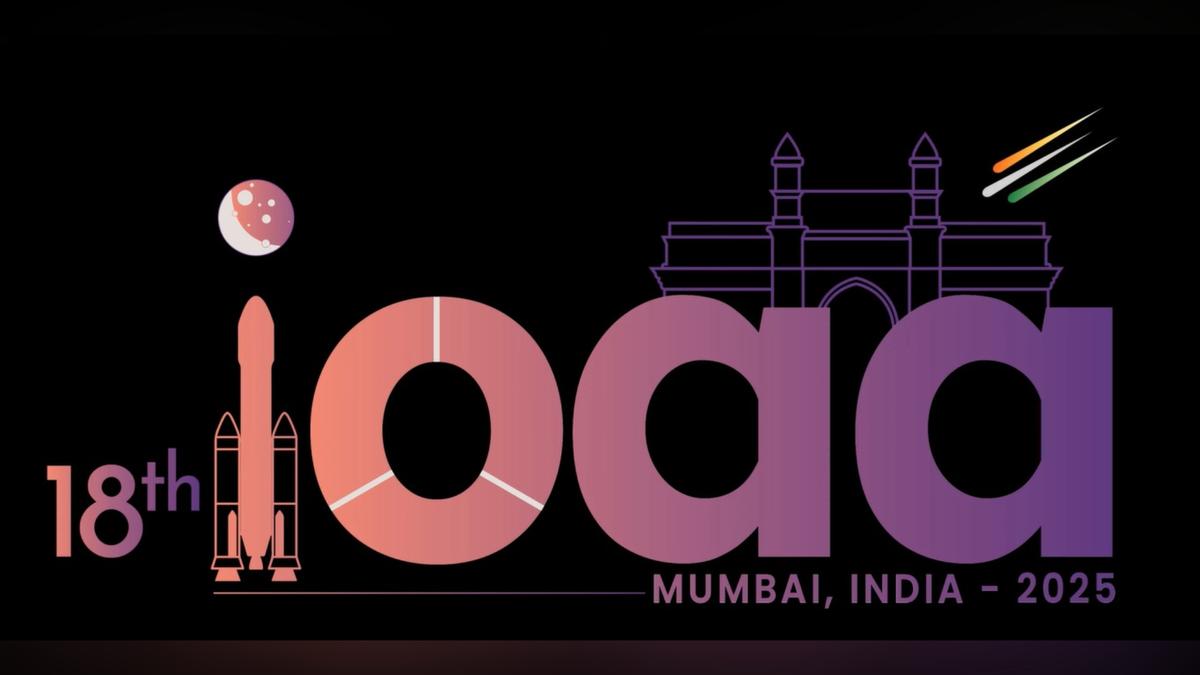Science
Indian Scientists Divided Over Israel’s Ban from Olympiad

A significant rift has emerged within India’s scientific community following the decision by the International Olympiad on Astronomy and Astrophysics (IOAA) to ban Israel from future editions of the event, starting in 2026. This decision has sparked intense debate among scientists and academics in India, highlighting the intersection of science and international politics.
The IOAA, which recently took place in Mumbai from August 11 to 21, 2023, is an annual competition aimed at high school students from around the globe. This year’s event attracted participants from 63 countries, accompanied by scientists serving as team leaders and mentors. Prior to the Olympiad, over 500 scientists and academics signed a petition advocating for Israel’s exclusion as a national team due to its actions in Gaza. The petition specified that while Israel should not compete under its flag, individual Israeli students should still be allowed to participate.
The petition described Israel’s military actions in Gaza as resulting in the deaths of more than 60,000 Palestinians, including many children. It asserted that Israel had obstructed Palestine from presenting a full team at the Olympiad. In response to the controversy, the IOAA Board, which comprises 120 members from participating nations, issued a statement indicating that, after thorough discussion, an “overwhelming majority” agreed on suspending Israel’s official participation while still permitting individual Israeli students to compete without national identifiers.
Criticism from Indian Scientists
The IOAA’s decision drew sharp condemnation from a group of 300 Indian scientists, including professors and leaders from prestigious institutions such as the Tata Institute of Fundamental Research (TIFR) and the Indian Institute of Science Education and Research (IISER). In a letter addressed to Prime Minister Narendra Modi, these scientists expressed their grave concern over the actions of some Indian academics during the Olympiad. They contended that the event, inaugurated by Modi, was intended to promote science and international collaboration, but had instead become a platform for advancing political agendas.
The letter specifically criticized several academics, including Aniket Sule, Alok Laddha, and Ashoke Sen, alleging that they had engaged in political activism under the guise of academic discourse. The signatories urged the government to take “strict and appropriate action” against these individuals and hold the directors of the publicly funded institutions accountable.
The ongoing public exchange between these factions has intensified divisions within India’s academic community, raising questions about the role of politics in scientific endeavors.
Morality or Activism?
In an interview with The Hindu, theoretical physicist Suvrat Raju from the International Centre for Theoretical Sciences in Bengaluru defended the petition. He characterized it as a moral stance rather than political activism, aimed at showing solidarity with Palestinians. Raju emphasized that the intent was to allow individual Israeli students to participate, thereby reducing the negative impact on them.
The controversy has also spilled over onto social media, where debates have intensified. One of the petitioning scientists criticized the group of 300 for attempting to undermine their colleagues instead of upholding academic freedom. The post drew parallels between the current situation and the suspension of Russia and Belarus from participating in the Olympiad in 2022, suggesting that the uproar surrounding Israel’s exclusion was disproportionate.
As discussions continue, the IOAA’s decision underscores the complexities of navigating academic integrity, political beliefs, and international relations. The implications of this division may resonate beyond the realm of science, impacting the future landscape of academic collaboration in India and beyond.
-

 World2 months ago
World2 months agoSBI Announces QIP Floor Price at ₹811.05 Per Share
-

 Science1 month ago
Science1 month agoNew Blood Group Discovered in South Indian Woman at Rotary Centre
-

 Lifestyle2 months ago
Lifestyle2 months agoCept Unveils ₹3.1 Crore Urban Mobility Plan for Sustainable Growth
-

 Sports1 month ago
Sports1 month agoBroad Advocates for Bowling Change Ahead of Final Test Against India
-

 Sports1 month ago
Sports1 month agoCristian Totti Retires at 19: Pressure of Fame Takes Toll
-

 World2 months ago
World2 months agoTorrential Rains Cause Flash Flooding in New York and New Jersey
-

 Top Stories2 months ago
Top Stories2 months agoKonkani Cultural Organisation to Host Pearl Jubilee in Abu Dhabi
-

 Science2 months ago
Science2 months agoNothing Headphone 1 Review: A Bold Contender in Audio Design
-

 Top Stories2 months ago
Top Stories2 months agoAir India Crash Investigation Highlights Boeing Fuel Switch Concerns
-

 Business2 months ago
Business2 months agoIndian Stock Market Rebounds: Sensex and Nifty Rise After Four-Day Decline
-

 Politics2 months ago
Politics2 months agoAbandoned Doberman Finds New Home After Journey to Prague
-

 Top Stories2 months ago
Top Stories2 months agoPatna Bank Manager Abhishek Varun Found Dead in Well









